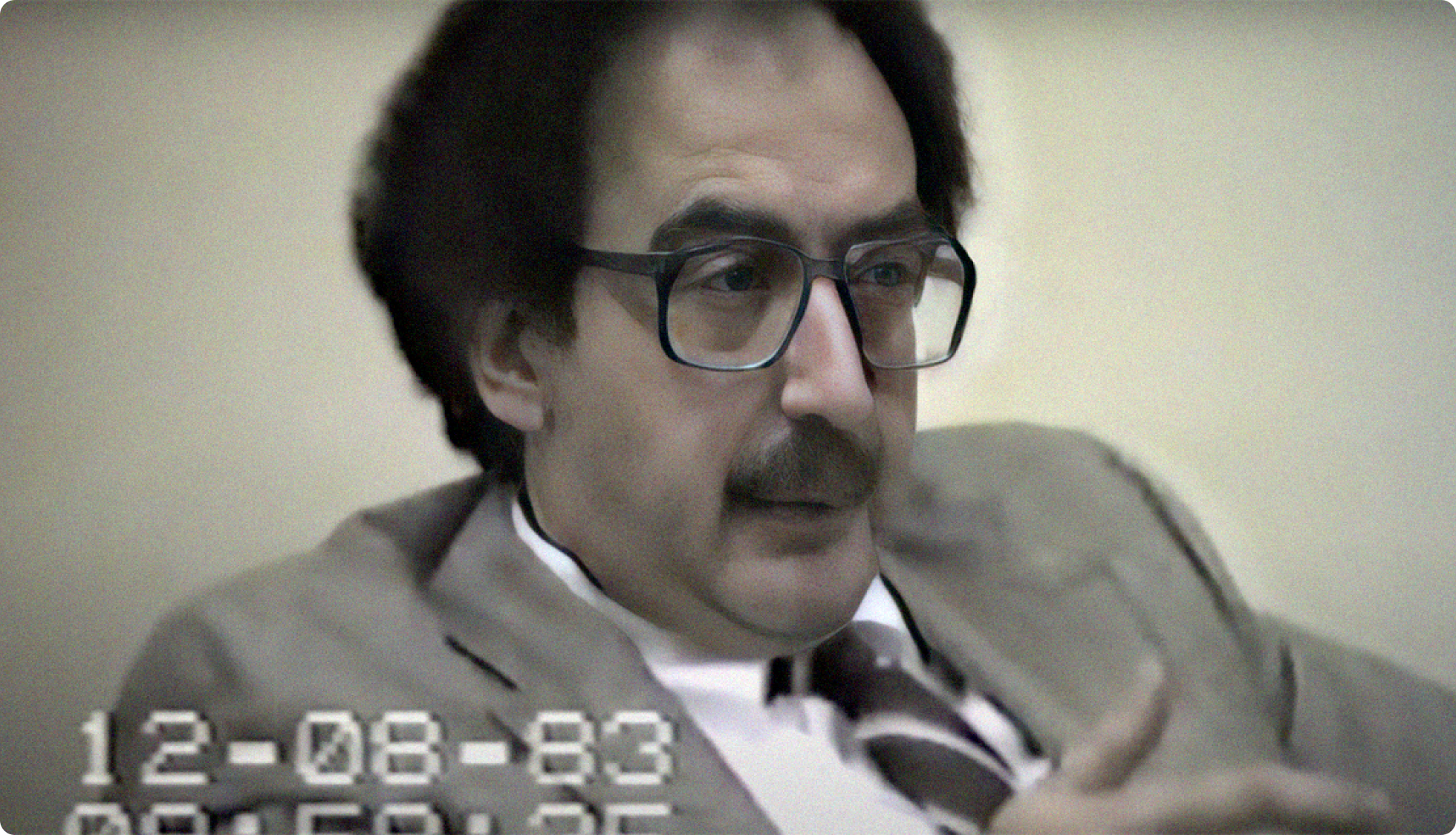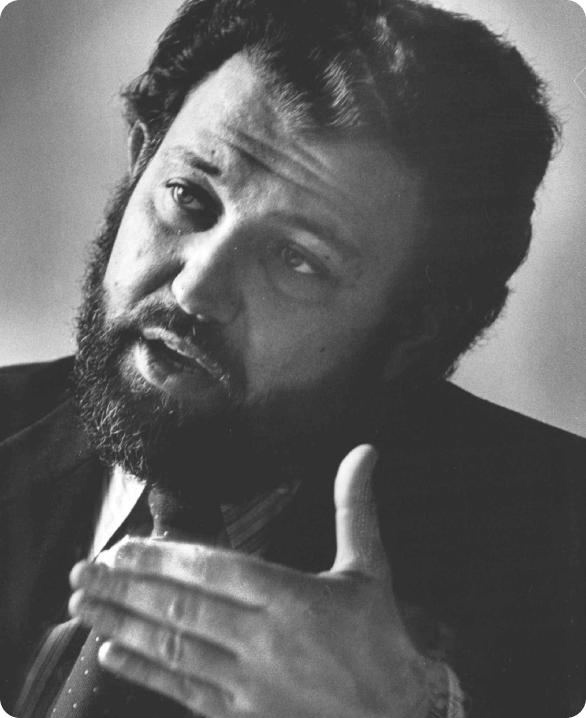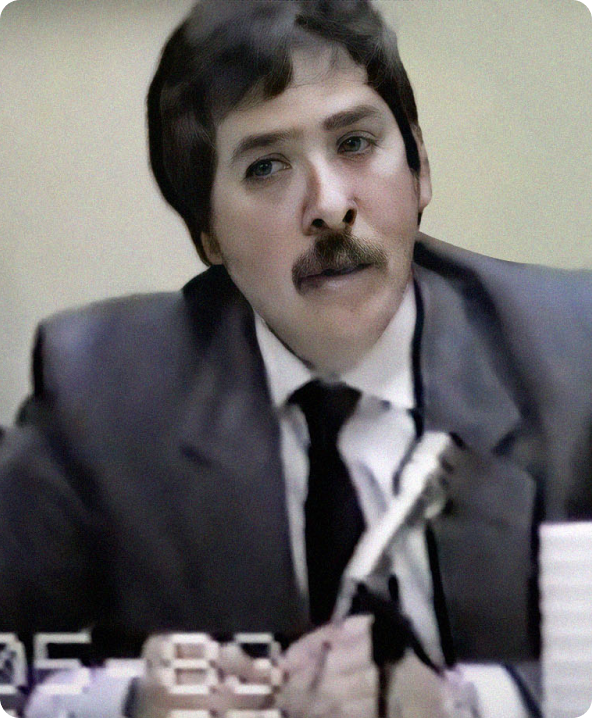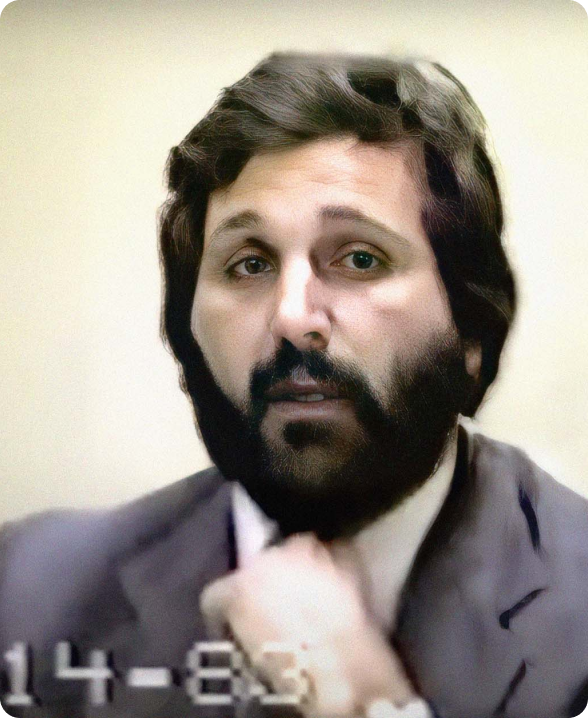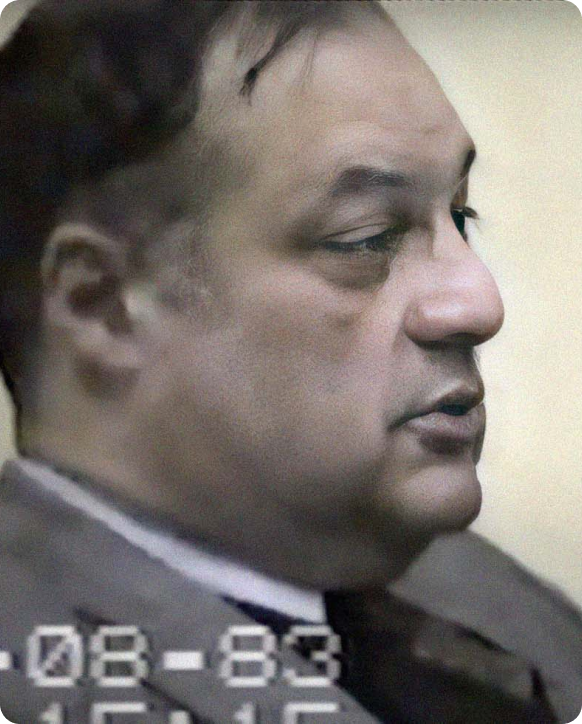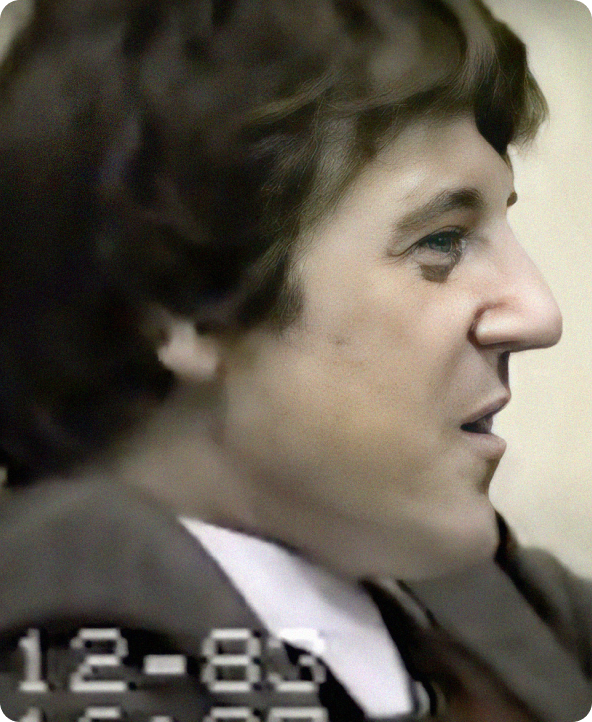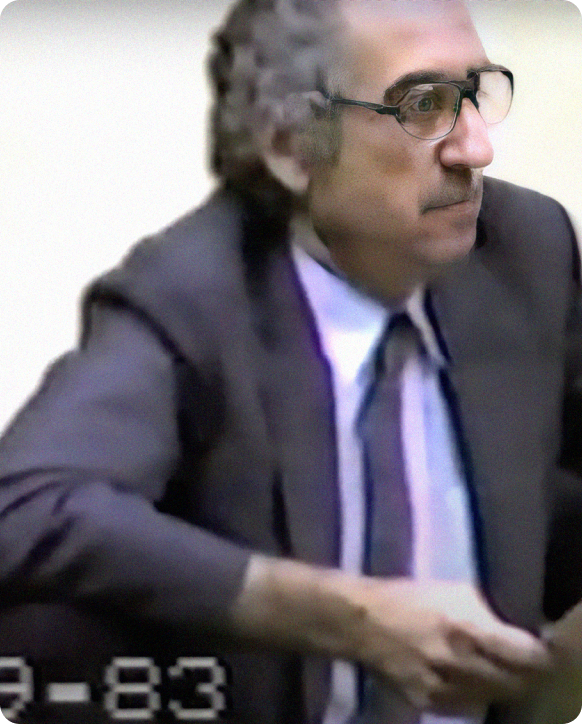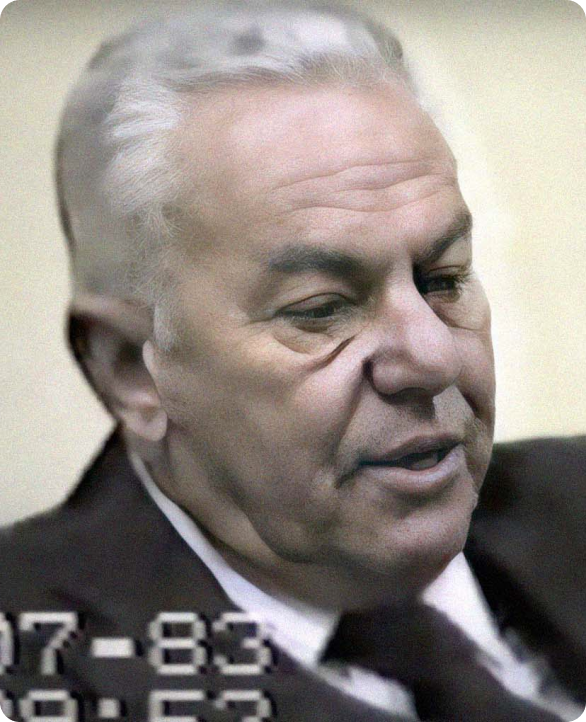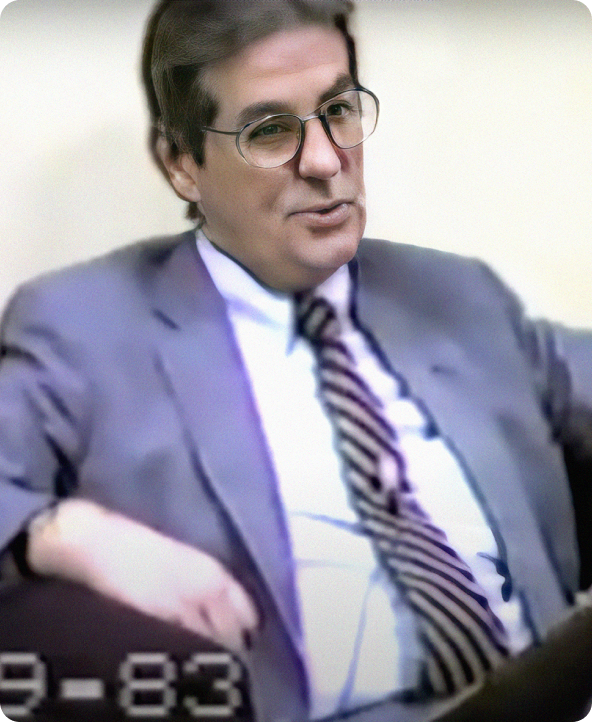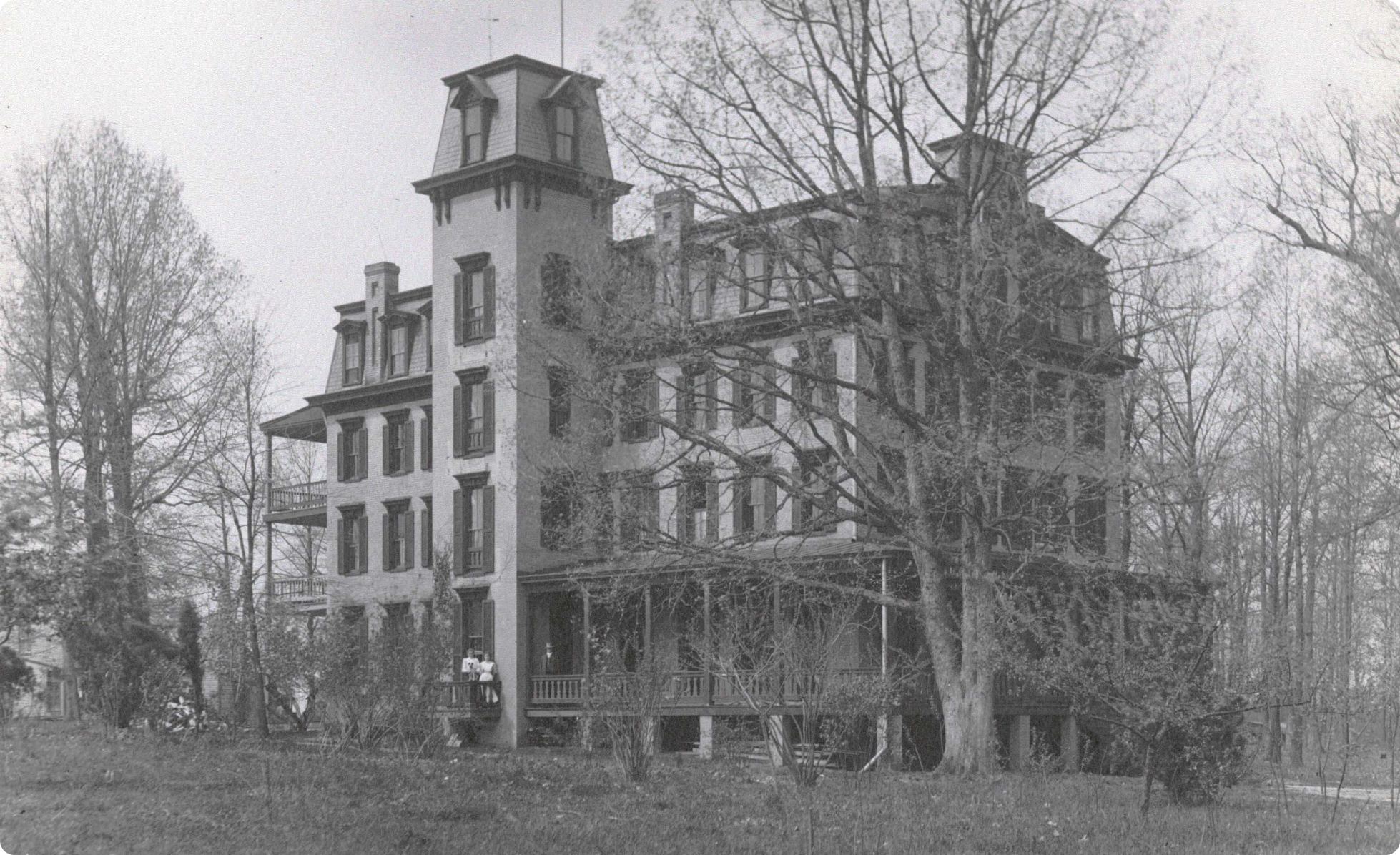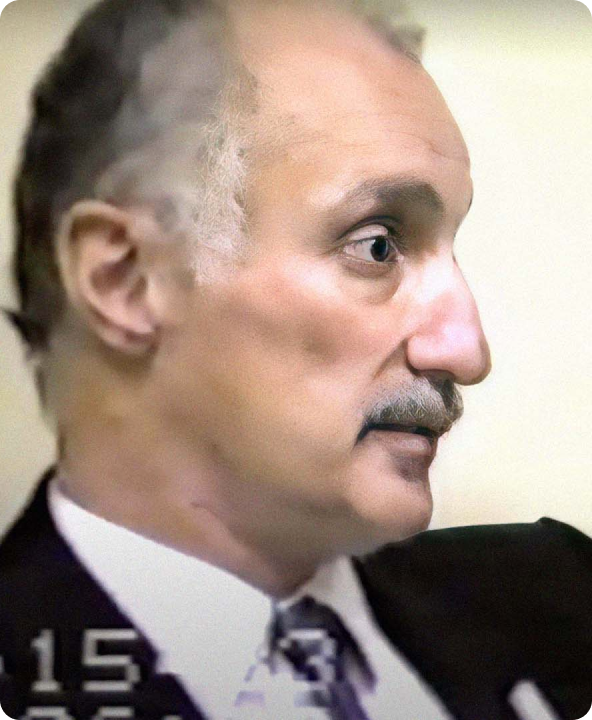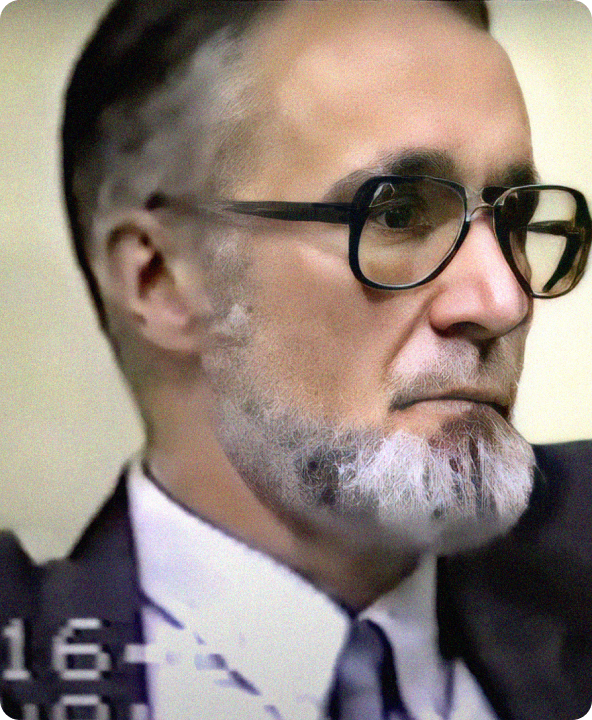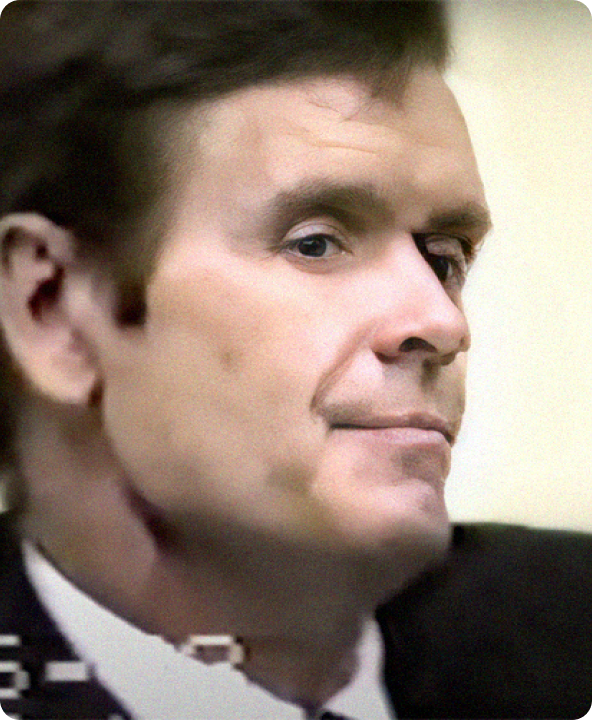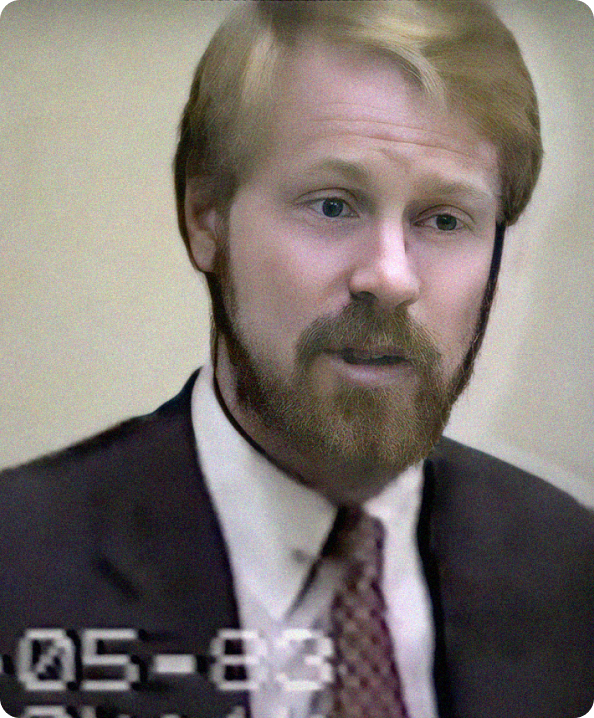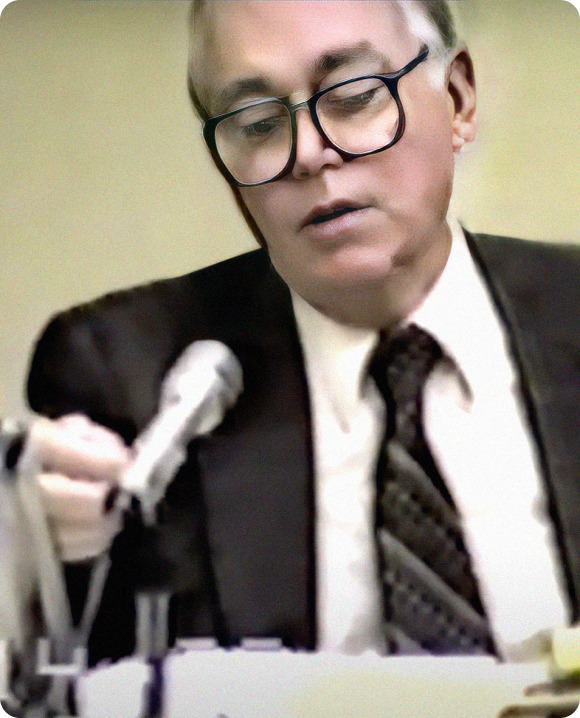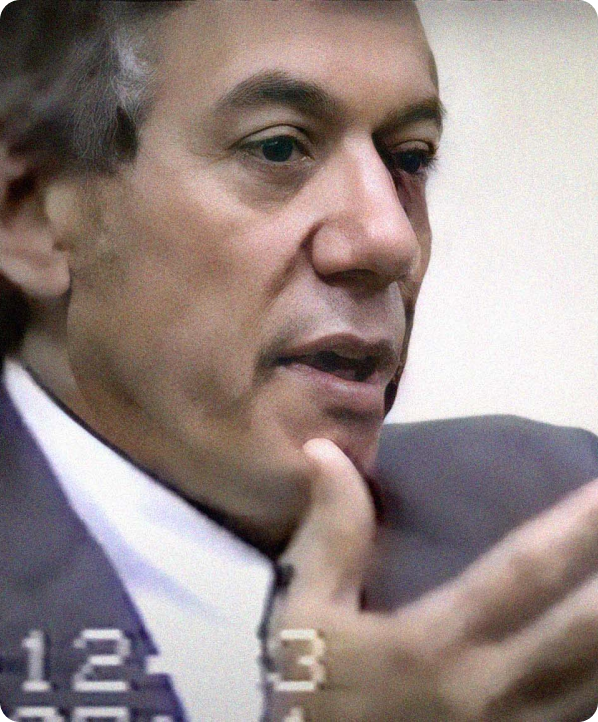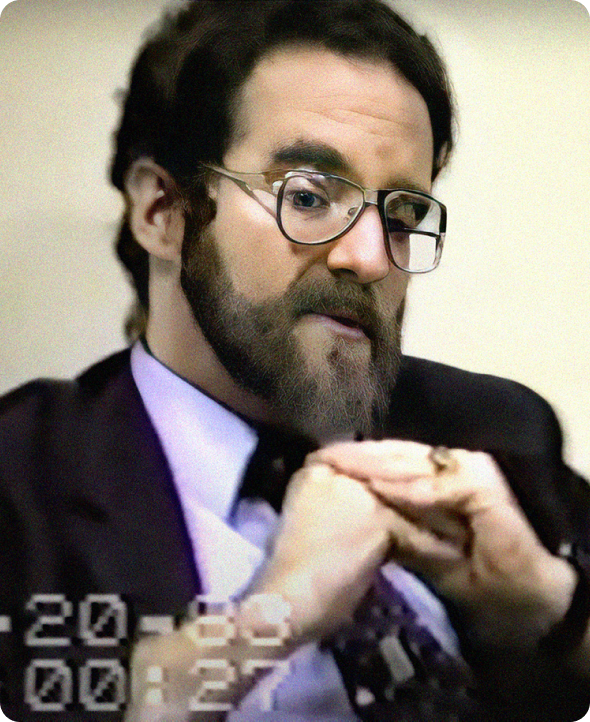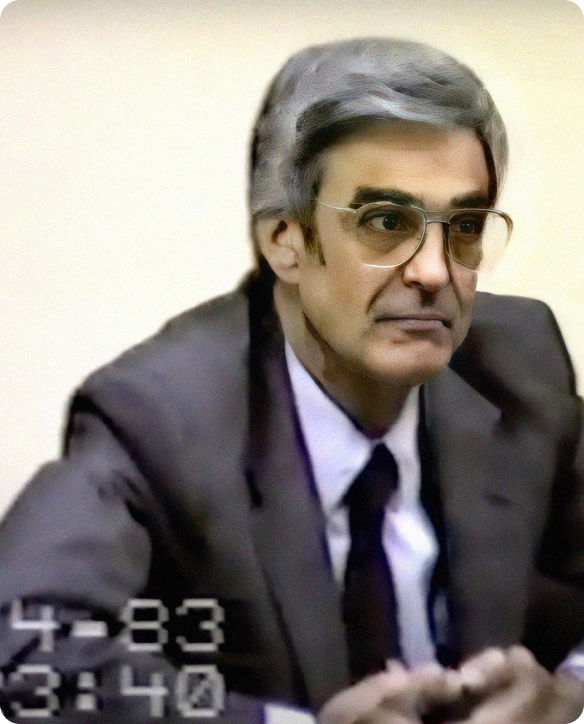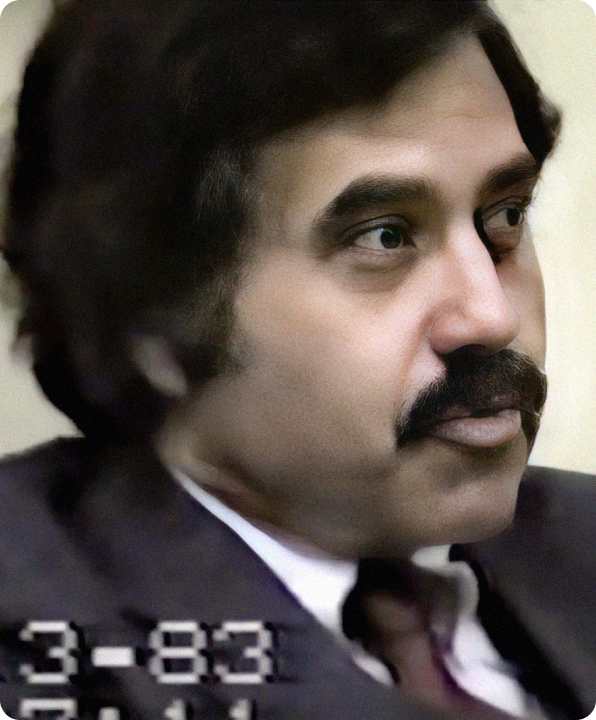Dr. Daniel P. Schwartz, the former director of the Yale psychiatric hospital, directed Austen Riggs from 1978 to 1991, and oversaw the hospital in an era in which both managed care and biological psychiatry came to dominate the field, and in which many hospitals focusing on long-term psychotherapy – including Chestnut Lodge, the McLean Hospital, the Westchester Division of New York-Presbyterian Hospital, Timberlawn, Sheppard Pratt, and Menninger's—changed their missions. It was during this time (1985–1988) that Christopher Bollas, PhD, a leading voice in contemporary psychoanalytic theory, served as director of education at the Austen Riggs Center. Dr. Daniel P. Schwartz, the former director of the Yale psychiatric hospital, directed Austen Riggs from 1978 to 1991, and oversaw the hospital in an era in which both managed care and biological psychiatry came to dominate the field, and in which many hospitals focusing on long-term psychotherapy – including Chestnut Lodge, the McLean Hospital, the Westchester Division of New York-Presbyterian Hospital, Timberlawn, Sheppard Pratt, and Menninger's—changed their missions. It was during this time (1985–1988) that Christopher Bollas, PhD, a leading voice in contemporary psychoanalytic theory, served as director of education at the Austen Riggs Center.
